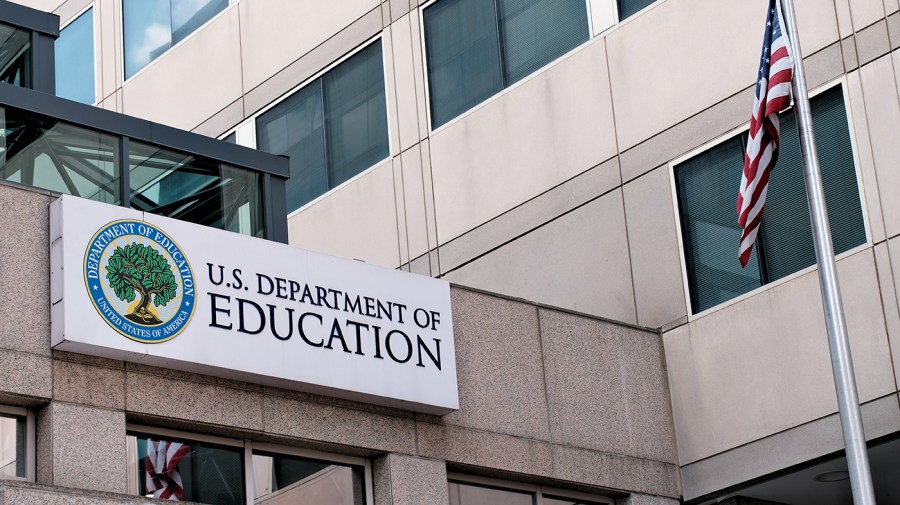DOGE Personnel Temporarily Barred from Education Department Systems Amid Legal Battle
A recent court agreement has temporarily halted the Department of Government Efficiency (DOGE) from accessing sensitive data within the Department of Education’s systems until at least February 17, 2025. This development comes as part of an ongoing lawsuit filed by the University of California Student Association (UCSA) against the Department of Education.
Key Points:
DOGE access to Education Department systems suspended until February 17
Lawsuit alleges potential privacy violations and misuse of student data
Concerns raised about the handling of sensitive information, including immigration status
Broader implications for government transparency and data protection
Background
DOGE, established by the Trump administration and led by figures like Elon Musk and Vivek Ramaswamy, aims to streamline government operations and reduce regulatory burdens. However, its methods and access to sensitive government data have sparked controversy and legal challenges. The UCSA filed a lawsuit against the Department of Education, alleging that DOGE’s access to student data, including information about undocumented family members, could potentially be used for immigration enforcement. This raised significant privacy concerns among students and their families.
The Lawsuit and Its Implications
The UCSA’s lawsuit seeks a temporary restraining order to prevent DOGE from accessing student data and to ensure the protection of any information already shared. The California Student Aid Commission estimates that up to 12,000 students from “mixed-status” families may be affected. The court agreement to temporarily bar DOGE access represents a significant development in this case. It highlights the ongoing tension between government efficiency efforts and the protection of personal data.
Broader Context
This case is part of a larger debate about the role and authority of DOGE within the federal government. Questions have been raised about its structure, legal status, and potential conflicts of interest. Some legal experts have drawn comparisons to Federal Advisory Committees, which are subject to specific transparency and conflict-of-interest requirements.
Multiple Perspectives
Supporters of DOGE argue that it’s necessary for streamlining government operations and reducing waste. Critics, however, express concerns about privacy, data security, and the potential for misuse of sensitive information. Labor unions have also joined the legal battle, filing a separate lawsuit to prevent DOGE from accessing federal data. They argue that this access constitutes a significant breach of privacy and potentially puts sensitive information at risk.
Looking Ahead
As the February 17 deadline approaches, all eyes will be on the court’s decision regarding DOGE’s future access to Education Department systems. This case could have far-reaching implications for government data practices, privacy protection, and the balance between efficiency and security in federal operations. The outcome may also influence future policies on how external entities interact with sensitive government data, potentially setting precedents for transparency, accountability, and data protection in government operations.









